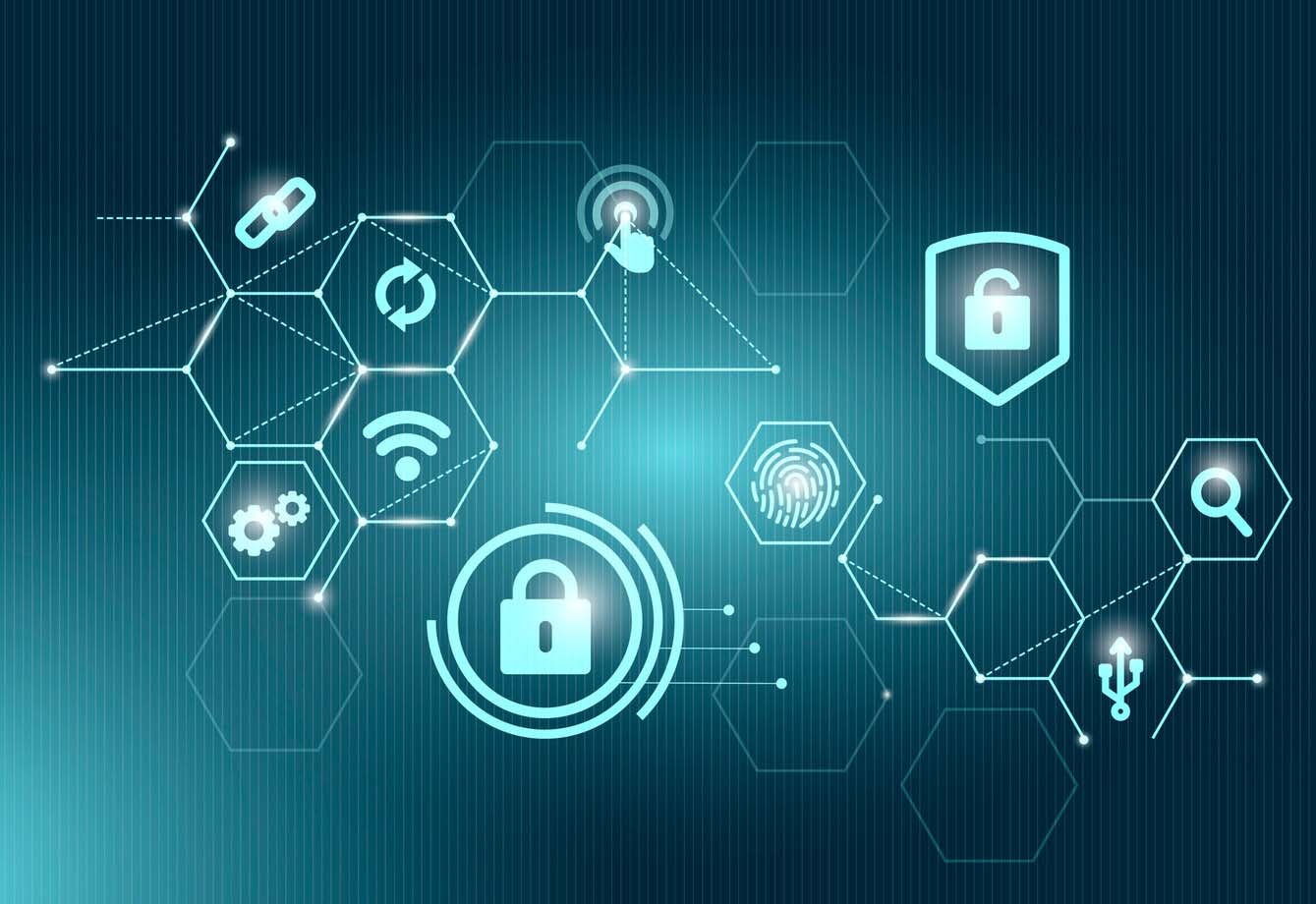In today’s interconnected digital world, ensuring the security of your online presence is vital. From personal information to financial data, our lives are increasingly stored and managed online, making us weak to various cyber threats. With cyber-attacks becoming more refined by the day, it’s crucial for users to arm themselves with knowledge and tools to protect their digital assets effectively. In this guide, we’ll examine into the details of cyber security, offering practical tips and insights to help users navigate the complex landscape of online threats.
Before diving into the territory of cyber security, it’s essential to grasp the nature of the threats lurking in the digital realm. Cyber threats encompass a wide range of malicious activities, including malware, phishing attacks, ransomware, data breaches, and more. These threats can target individuals, businesses, or even entire nations, causing significant financial losses, reputational damage, and personal harm. By understanding the various types of cyber threats, users can better prepare themselves to combat them effectively.
The first line of defense against cyber threats begins with implementing robust security measures across all digital devices and platforms. This includes installing reputable antivirus software, keeping operating systems and applications up to date, and enabling firewalls and encryption protocols. Additionally, users should create strong, unique passwords for each online account and consider using password management tools to enhance security further. By fortifying their digital defenses, users can significantly reduce the risk of falling victim to cyber-attacks
Phishing remains one of the most common and effective tactics used by cyber criminals to deceive unsuspecting users. Phishing attacks typically involve fraudulent emails, messages, or websites designed to trick individuals into divulging sensitive information such as login credentials, financial details, or personal data. To avoid falling prey to phishing scams, users should exercise caution when interacting with unsolicited emails or messages, scrutinize website URLs for legitimacy, and verify the authenticity of requests for sensitive information. Educating oneself and remaining attentive are key strategies in awkward phishing attempts.
In an era where remote work and online activities have become the norm, securing personal devices and networks is more critical than ever. Users should ensure that their devices, such as computers, smartphones, and tablets, are protected with up-to-date security software and encryption mechanisms. Moreover, securing home networks with strong passwords, enabling network encryption, and implementing additional security measures such as virtual private networks (VPNs) can safeguard against unauthorized access and data interception. By taking proactive steps to secure their devices and networks, users can lessen the risk of cyber interruptions and safeguard their digital privacy.
Data privacy is a fundamental aspect of cyber security, as it affects to the protection of sensitive information from unauthorized access, use, or disclosure. Whether it’s personal identifiers, financial records, or confidential business data, safeguarding sensitive information is paramount in today’s data-driven world. Users can protect their data privacy by adopting encryption technologies, practicing data minimization techniques, and being cautious about sharing personal information online. Additionally, familiarizing oneself with privacy policies and exercising control over privacy settings on digital platforms can help users exert greater control over their personal data.
Wrap Up:
In conclusion, cyber security is a complicated discipline that requires constant attentiveness, education, and practical measures to lessen risks effectively. By understanding the various cyber threats, refreshing digital defenses, staying vigilant against phishing attacks, securing personal devices and networks, and protecting data privacy, users can significantly enhance their online security posture. In an ever-evolving digital landscape, prioritizing cyber security is not only wise but essential for safeguarding one’s digital assets and maintaining peace of mind in an increasingly connected world.
Also Read: Navigating Cloud Computing: Pros & Cons and Considerations for Businesses




